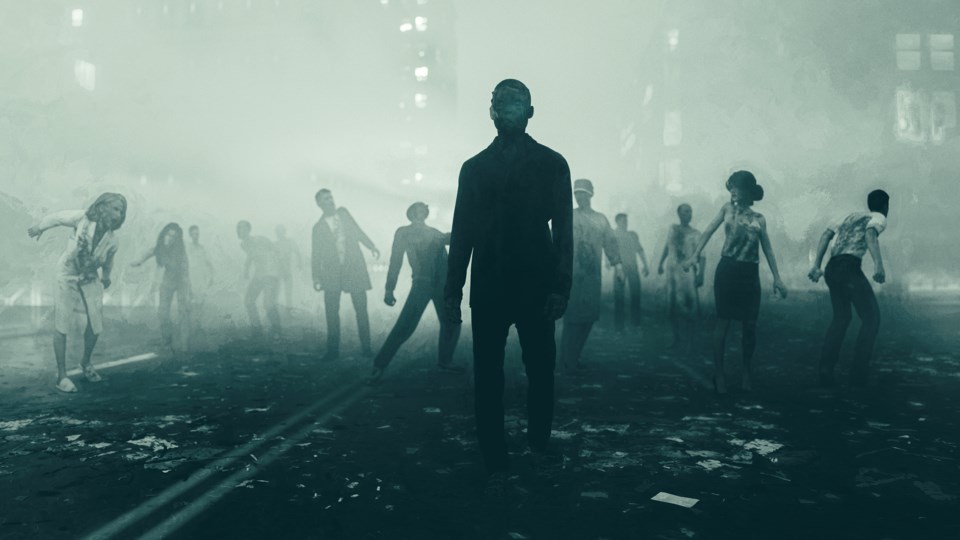We all want to believe if the Zombie apocalypse were to break out in Vancouver we'd miraculously turn into Pedro Pascal from The Last of Us but according to a new study from rental search engine Rentola, we have our work cut out for us.
Vancouver was ranked 22nd most likely to survive the zombie apocalypse. We didn't make the top 10 best cities for survival nor were we in the top 10 worst.
Interestingly, our neighbour Abbotsford did make the top 10 best list, coming in at number 10. As did Kelowna, with a ranking of seven.
Edmonton, Alberta, was the named safest city of them all and St. John's, New Brunswick is apparently the most unsafe. Victoria, B.C. also made the unsafe list at number 10.
How did they determine how well each city would fare in the Zombie apocalypse?
Rentola collected data from Statistics Canada to determine the ranking of 35 Canadian cities based on five categories: vulnerability, hideouts, supplies, safety, and mobility. The data analysis found which Canadian cities are hypothetically safest and which are not.
Each city has an index out of 10 for each category, some rank better than others from category to category and the safest places are determined based on their overall ranking across the five categories.
Vulnerability is influenced by population density, perceived physical and mental health, and the percentage of chronic diseases among the population which can be used to create a disaster risk index, one that can predict which cities and provinces are most vulnerable to a wave of the undead.
Hideouts are indicative of the average household size, park and green space, and housing vacancy rates. Is there protected space to hide from zombies?
Supplies are pretty self-explanatory but the report takes into account gardens and areas with trees, flowers and vegetables, and if the city has a barrel or cistern. Plus if their access to food, fuel, tools, weapons, clothing, and medicine nearby.
The safety index was built based on the crime rate per 100000 population, the total amount of firearms, specialized stores, and military bases plus total weapons violations.
Lastly, mobility is taken into account based on the theoretical assumption you would have to travel a lot in search of survivors, provisions, or, you know, an area without zombies. Indicators include built-up areas such as roads, natural and semi-natural waterways, and movable dwellings.
Vancouver's overall index score was 5.34. We got a 4.32 for vulnerability, 5.32 for hideouts, 1.67 for supplies, 7.07 for safety (third highest overall for this category), and 8.33 for mobility (fifth highest).
The full ranking
- Edmonton, A.B.
- Saskatoon, S.K.
- Guelph, O.N.
- Calgary, A.B.
- Regina, S.K.
- Winnipeg, M.N.
- Kelowna, B.C.
- Greater Sudbury, O.N.
- Kingston, O.N.
- Abbotsford - Mission, B.C.
- London, O.N.
- Windsor, O.N.
- Oshawa, O.N.
- Ottawa - Gatineau, O.N./Q.B.
- Peterborough, O.N.
- Brantford, O.N.
- St. Catharines - Niagara, O.N.
- Halifax, N.S.
- Hamilton, O.N.
- Barrie, O.N.
- Thunder Bay, O.N.
- Vancouver, B.C.
- St. John's, N.L.
- Québec, Q.B.
- Kitchener - Cambridge - Waterloo, O.N.
- Victoria, B.C.
- Lethbridge. A.B.
- Moncton, N.B.
- Toronto, O.N.
- Saguenay, Q.B.
- Sherbrooke, Q.B.
- Montréal, Q.B.
- Trois-Rivières, Q.B.
- Belleville - Quinte West, Q.B.
- Saint John, N.B.
You can see the full report here.



